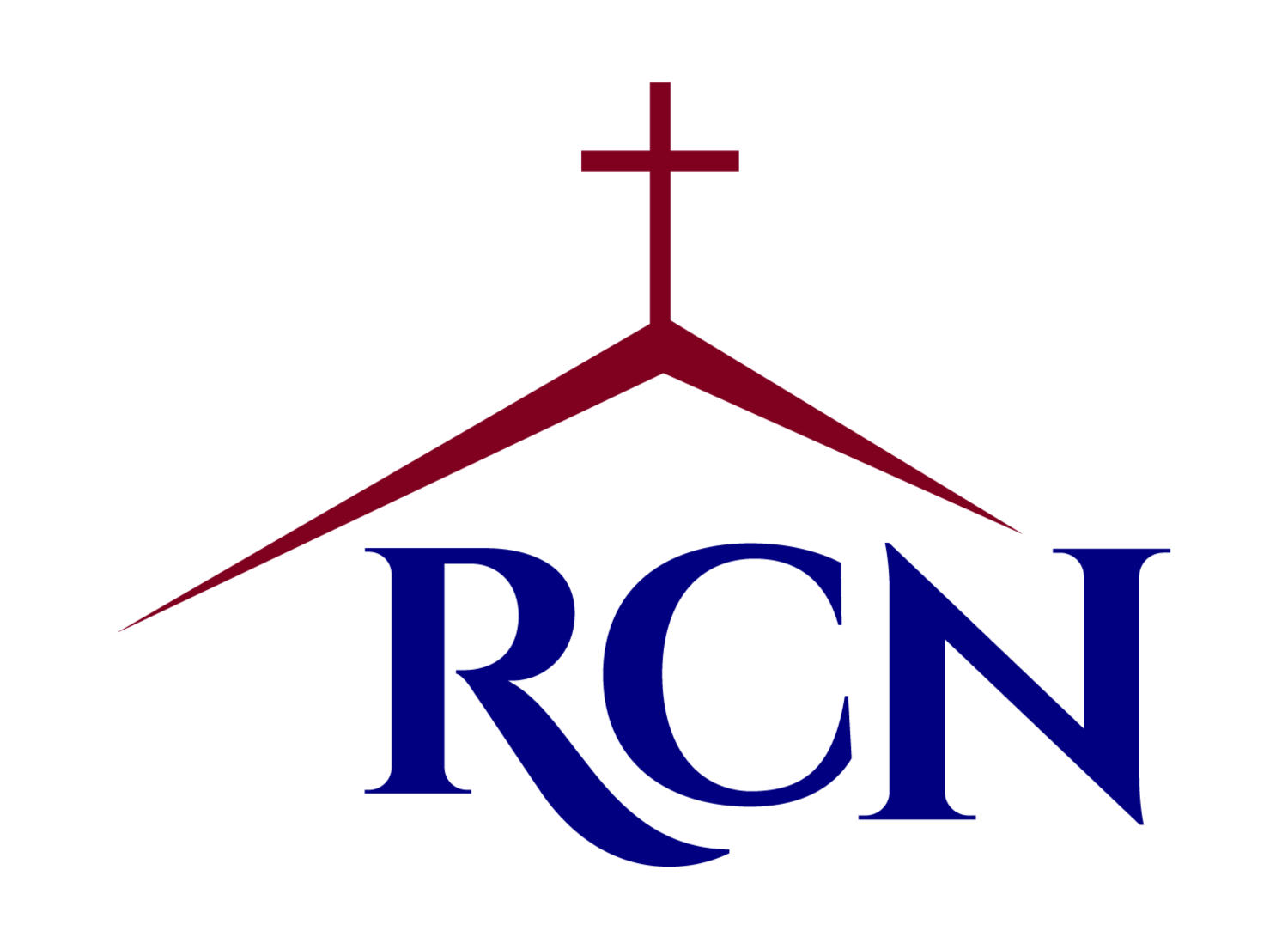You can find the video here: https://www.facebook.com/RichlandNaz/videos/1258547391160311
Mark 12:28-34
So yesterday we started a conversation about what does it mean to be all in? And truly that leads us to ask ourselves Where in your life are you “all in?”
One could say that the Bible had the contemporary meaning of “all in,” all along. As Christians we are to give every aspect of our selves to God, we are to be all in believers and followers of Jesus. But the depth of our enthusiasm is different, it goes beyond being excited about a new brand or public figure.
Mark 12: 28-34 (NIV) One of the teachers of the law came and heard them debating. Noticing that Jesus had given them a good answer, he asked him, “Of all the commandments, which is the most important?”
“The most important one,” answered Jesus, “is this: ‘Hear, O Israel: The Lord our God, the Lord is one. Love the Lord your God with all your heart and with all your soul and with all your mind and with all your strength.’ The second is this: ‘Love your neighbor as yourself.’ There is no commandment greater than these.”
“Well said, teacher,” the man replied. “You are right in saying that God is one and there is no other but him. To love him with all your heart, with all your understanding and with all your strength, and to love your neighbor as yourself is more important than all burnt offerings and sacrifices.”
When Jesus saw that he had answered wisely, he said to him, “You are not far from the kingdom of God.” And from then on no one dared ask him any more questions.
Now before you go and think that Jesus reaches back to some old or forgotten, arbitrary command that Moses gave the Israelites thousands of years before He was here teaching and preaching, remember that this is part of the Shema. The Shema is a prayer recited every day. It was a part of Jewish life, a spiritual discipline to remind them of their covenant with God.
Deuteronomy 6:4-9 (NIV) Hear, O Israel: The Lord our God, the Lord is one. Love the Lord your God with all your heart and with all your soul and with all your strength. These commandments that I give you today are to be on your hearts. Impress them on your children. Talk about them when you sit at home and when you walk along the road, when you lie down and when you get up. Tie them as symbols on your hands and bind them on your foreheads. Write them on the doorframes of your houses and on your gates.
In his commentary on Deuteronomy: A Commentary In the Wesleyan Tradition. © 2016 Beacon Hill Press of Kansas City. p. 99. Dr. Stephen G. Green writes:
“Not only is Israel expected to serve Yahweh alone, but her devotion is also to claim the totality of each life. The love called for is total commitment. This undivided life is expressed in the phrase heart, soul, and strength. Ancient Israel understood the heart (leb) not as the seat of emotion, like contemporary culture, but as the place where decisions are made. Soul could also be translated being. This word, nepes, indicates a person’s life or vitality. Strength (meod) implies the idea of a person’s full capacity. This would include natural abilities and resources. Even though the use of these three concepts seems to describe different compartments of one’s life, the intention was never to imply that one could love God with one’ heart without loving God with one’s being and resources. Human beings are whole persons who think and act and live in social networks. The force of the heart, soul, and strength requires a devotion that is single-minded and complete.”
It’s that last sentence that really speaks to me and brings me to ask myself this question. What does loving God with all our heart look like? As you go through the rest of your day, as you go through living life today, I want you to ask yourself, no matter what it is you’re doing when you think of it is this: “Is this what it looks like to love God with all of my heart?”
